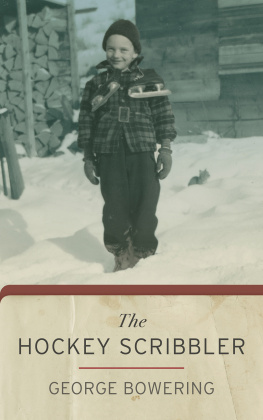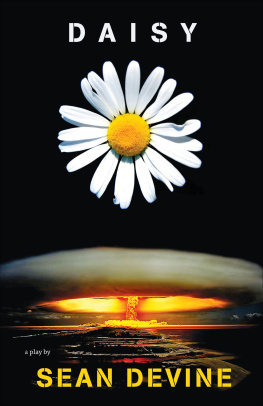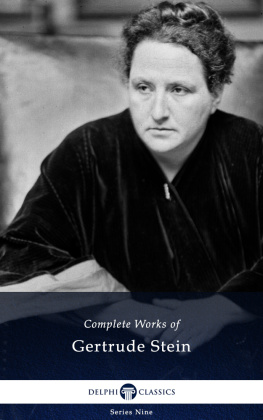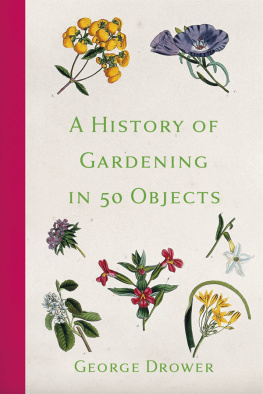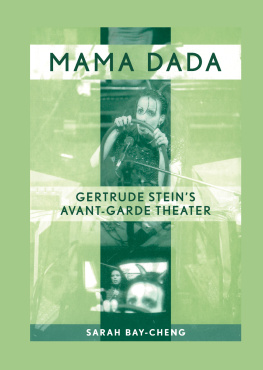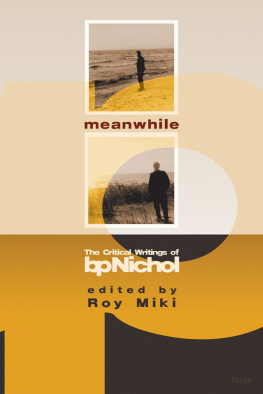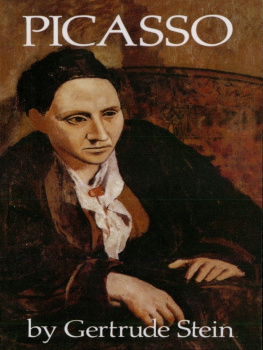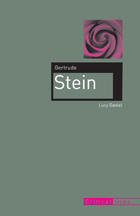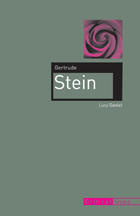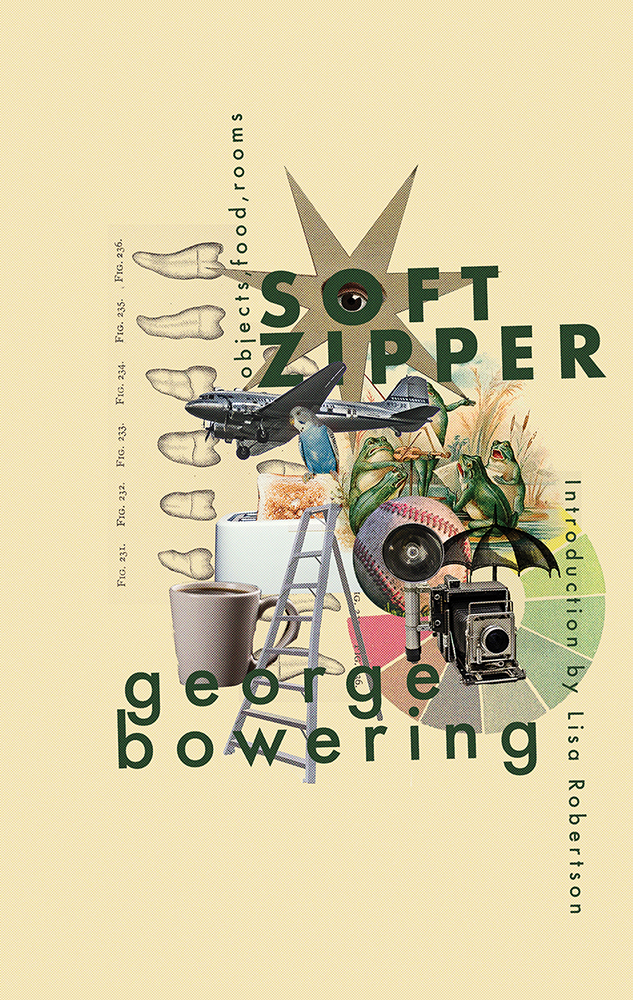Contents
NEW STAR BOOKS LTD
#1073477 Commercial St, Vancouver, BC V5N 4E8 CANADA
1574 Gulf Road, #1517 Point Roberts, WA 98281 USA
newstarbooks.cominfo @newstarbooks.com
Copyright George Bowering 2021. All rights reserved. Introduction copyright Lisa Robertson 2021. No part of this work may be reproduced, stored in a retrieval system or transmitted, in any form or by any means, without the prior written consent of the publisher or a licence from Access Copyright.
The publisher acknowledges the financial support of the Canada Council for the Arts and the British Columbia Arts Council.



Cataloguing information for this book is available from Library and Archives Canada, www.collectionscanada.gc.ca.
ISBN 978-1-55420-173-0 (epub)
ISBN 978-1-55420-174-7 (mobi)
ISBN 978-1-55420-172-3 (print)
Cover design by Oliver McPartlin
E-production by New Star Books
First print edition, March 2021
First ebook edition, March 2021
Objects
In this (after all) conventional debate between science and subjectivity, I had arrived at this curious notion: why mightnt there be, somehow, a new science for each object? A mathesis singularis (and no longer universalis )?
Roland Barthes, Camera Lucida
The Skullcap
In the bottom of a drawer beside the bed in our condominium there is a piece of dusty old felt. Once in a while I give it a feel with my crooked fingers and I get a rush of dirty sweet feeling for my childhood curiosity. The thing is a folded skullcap with little shapes cut out of the felt stars, half-moons, planets, triangles. Every morning of my childhood and whenever I was home after that, I would see this soft blue half-ball on my fathers head, where it had the job of smoothing his tangled brown hair. One time I asked about this cap and he told me he had made it when he was a schoolboy, and so I knew why it was as small on his dome as a yarmulke, though of course I didnt know what that was. Now here I am, a man quite a bit older than he ever got, and all these decades later I wonder about two things concerning my father the skullcap maker. How did he and his classmates, if he did this work in a class at school or at his church camp, make these perfect little astrology holes in the felt, and more important, how did he make it work as a cap on his head? Not a flat circle but half of a hollow ball? Over the years after I somehow acquired or inherited it I must have told my mother and brothers it was the only thing I wanted I would try it on, but though I habitually wear hats of one sort or the other, I have never worn this skullcap out of the house, and never for longer than a minute inside the house. Yet I have kept it since my father died half a century ago. I saw it just this morning, while I sat on the edge of the bed, my hair in an awful tangle.
The Gun
When I was in grade three I felt unarmed. All the boys had guns, or wished they had guns. I wished that I had a gun. The most popular game for boys was guns. Some of the time we played swords, so we all had skinned knuckles that made our mothers look up at the ceiling. A few years later, after my family moved into town, I had a famous sword that had been through innumerable battles. It had serious dents, but a lot of enemy swordsmen had lost their wooden blades in unfortunate challenges. But back when I was in grade three my parents somehow got wind of the fact that I pined for a gun. As far as I knew, the only way a boy could get a gun was in the form of a Christmas or birthday present. In the weeks previous to my eighth birthday I must have been ramping up the hints, walking around the house or outside, manouevering between apple trees, pointing at invisible adversaries with a crooked twig, and making that boys expulsive mouth sound that does not in the least resemble the report of a real revolver or automatic. On the first day of December, my birthday, in case you wanted to know, arrived, and yes, Georgie got his gun. I immediately performed my fictional thanks. Guns were supposed to be constructed of some metal, and came, if they were revolvers, in a belted holster, and if they were automatics they should have looked like the kind of steel that kidnappers and Nazis were afraid of. My gun was made of rather softish wood, a kind of squarish thing. When I pulled the trigger (you could not squeeze that item that was probably kept taut by a rubber band), it said click.
The Cherry Ladder
I was lucky. About the time I was old enough to work in the orchards, the aluminum ladders were replacing the heavier wooden ones. Before I got out of the fruit-picking profession, the Giraffes and little Gyrettes had appeared, to speed up the process or cut the orchardists labour expenses. These were the high-bucket machines that people now call cherry-pickers. People now say cherry-pick when they mean taking the individual item you fancy rather than gathering the whole shebang. Thats exactly the opposite of the way you pick cherries. Here is another way they have made the work quicker and less expensive for the orchardists: instead of nice big trees in rows with space to set a ladder, they crop short little semi-espaliered trees, so you can practically harvest your peaches or apples while standing on the ground. Or else they have yanked out all the fruit trees and replaced them with rows and rows of grape vines. Back in the time of real trees, apple-picking season would coincide with the first weeks of the school year. We boys would be told that if our grades were looking as if they would be good, wed be let out of school to head for the orchards to make money. But I think we knew that fruit was relentless in its ripening, and the orchardists would be eager to find someone to get up those ladders. My father the school teacher spent the daylight hours of the summer in someones orchard. I could never keep up with him, but he gave me lots of advice so that I could try. The one I like best was that the safest rung to stand on is the top one, and he was right. When you are picking cherries, that is the top of a 24-foot ladder, and you have a long wire hook to pull down the supple cherry-loaded branches higher than that.
Two Bowls
I loved going to visit or stay with my grandfather and grandmother. They lived almost forty miles up the valley, and when I was really little, my grandfather was the postmaster up there. My grandmother was a good old-fashioned Baptist grandmother who was once named Clara Miller, can you imagine? I called him Grandpa and her Grandma. My mothers father and stepmother we didnt see so often. I called him Granddad and I dont remember calling her anything. When I was a boy, say nine or eleven, pretty soon after arriving at their house behind the post office I would be into Grandmas two big glass bowls, the button bowl and the picture bowl. The latter was filled with black and white photographs of everyone in the family from years ago right up to the present. I spent hours looking through those pictures, no matter how many times I had seen them. There was a picture of my grandparents with all their offspring, Llew, Grace, my father Ewart, Ella, Jack, Gerry, and Dorothy, who had died when I was a toddler. In this family picture my father had a bald head. Grandma told me, with simulated impatience, that as soon as he heard there was going to be a family picture, he went and shaved his head. I loved this because it was so unlike my dad, except that it was secretly just like him. I knew that my Baptist grandmother sort of liked it inside, and I wanted to be just like my dad. The other bowl was just as big and contained hundreds and hundreds of buttons. I thought I must have a really big family that had been here for a long time. I loved to plunge my hand into the button bowl and let the buttons, all the colours and shapes and sizes of buttons, run between my fingers. I sorted them in rows and mixed them again. Sometimes I wish I had a big bowl of buttons.


